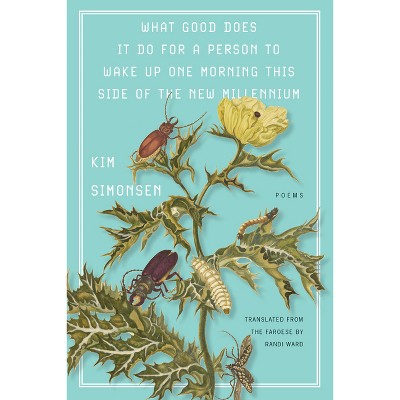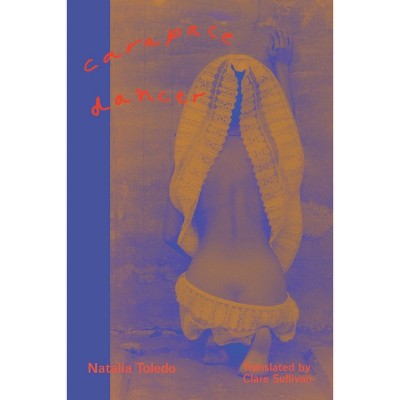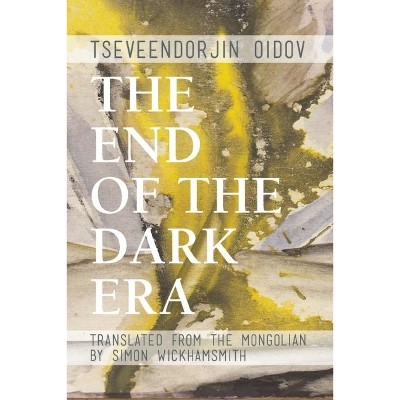Sponsored

Pink Tongue Out, Blind Cat - by Maria Paz Guerrero (Paperback)
Pre-order
Sponsored
About this item
Highlights
- From one of Columbia's most innovative modern poets, María Paz Guerrero's poetry collection, Pink Tongue Out, Blind Cat, is filled with sinuous verses on the human experience told with cadence akin to salsa musicians like Héctor Lavoe.In María Paz Guerrero's Pink Tongue Out, Blind Cat, unnamed bodies are cut open in search of disease, legs buckle and collapse under pressure, and a blind cat stalks its way through the collection, bumping into unseen objects as it travels.
- About the Author: María Paz Guerrero is the author of the poetry collection Dios también es una perra (Cajón de Sastre) and the essay "El dolor de estar vivoen Los poemas póstumos de César Vallejo" (Universidad de la Andes), and she is the editor of the poetry anthology La Generación sin Nombre (Universidad Central).
- 125 Pages
- Poetry, Caribbean & Latin American
Description
About the Book
"From one of Colombia's most innovative modern poets, Marâia Paz Guerrero's poetry collection, Pink Tongue Out, Blind Cat, is filled with sinuous verses on the human experience told with cadence akin to salsa musicians like Hâector Lavoe. In Marâia Paz Guerrero's Pink Tongue Out, Blind Cat, unnamed bodies are cut open in search of disease, legs buckle and collapse under pressure, and a blind cat stalks its way through the collection, bumping into unseen objects as it travels. Marâia Paz Guerrero's poetry collection is both experimental and lyrical, forcing readers to fall into its eerily clipped rhythm"-- Provided by publisher.Book Synopsis
From one of Columbia's most innovative modern poets, María Paz Guerrero's poetry collection, Pink Tongue Out, Blind Cat, is filled with sinuous verses on the human experience told with cadence akin to salsa musicians like Héctor Lavoe.
In María Paz Guerrero's Pink Tongue Out, Blind Cat, unnamed bodies are cut open in search of disease, legs buckle and collapse under pressure, and a blind cat stalks its way through the collection, bumping into unseen objects as it travels. María Paz Guerrero's poetry collection is both experimental and lyrical, forcing readers to fall into its eerily clipped rhythm.
About the Author
María Paz Guerrero is the author of the poetry collection Dios también es una perra (Cajón de Sastre) and the essay "El dolor de estar vivoen Los poemas póstumos de César Vallejo" (Universidad de la Andes), and she is the editor of the poetry anthology La Generación sin Nombre (Universidad Central). Her poems have appeared in the anthologies Pájaros de sombra: Diecisiete poetas colombianas, 1989-1964 (Vaso Roto) and Moradas interiores: Cuatro poetas colombianas (Universidad Javeriana, colección de poesía). Her second collection, Los Analfabetas, will be published in 2020 by La Jaula publications. She received her Master's Degree in Comparative Literature from The New Sorbonne University, Paris. She currently works as a professor in the Creative Writing Department at the Universidad Central in Bogotá.
Robin Myers is a Mexico City-based poet and Spanish-to-English translator. Recent book-length translations include What Comes Back by Javier Peñalosa M. (2024), The Brush by Eliana Hernández-Pachón (2024), In Vitro by Isabel Zapata (2023), Bariloche by Andrés Neuman (2023), and Copy by Dolores Dorantes (2022). Other translations have appeared in Granta, The Baffler, Kenyon Review, The Common, Harvard Review, Two Lines, Waxwing, and elsewhere. A 2023 National Endowment for the Arts Translation Fellow, she was longlisted twice for the 2022 National Translation Award in poetry and among the winners of the 2019 Poems in Translation Contest (Words Without Borders / Academy of American Poets). As a poet, Robin is the author of the forthcoming Centro (Coffee House Press, 2026). Her poems have appeared in Best American Poetry 2022, Guernica, The Drift, Poetry London, Yale Review, Denver Quarterly, Annulet Poetry Journal, Massachusetts Review, and other journals. She is an alumna of the Vermont Studio Center, the Banff Literary Translation Centre, the Community of Writers, and Under the Volcano.


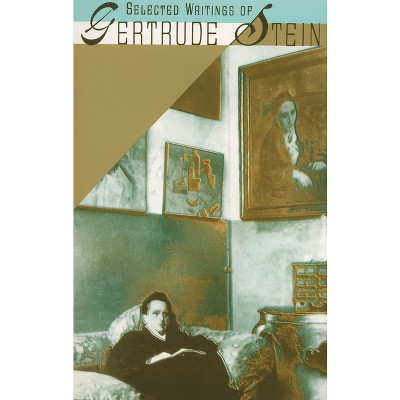

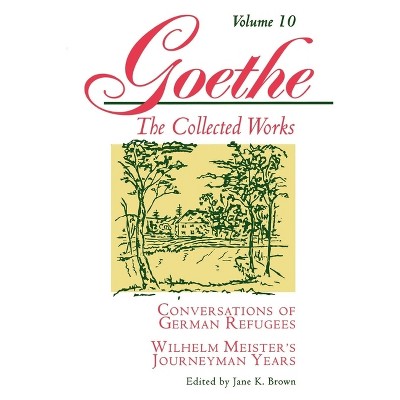
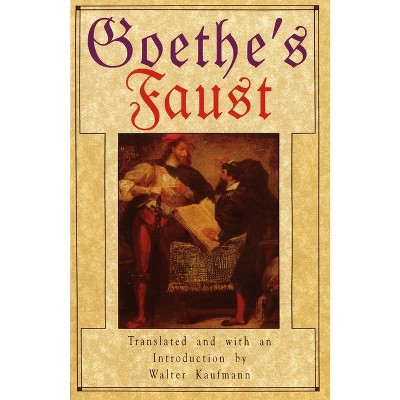

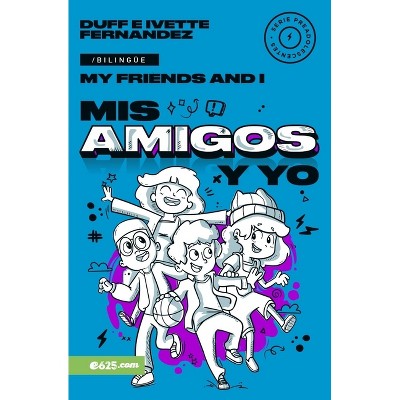
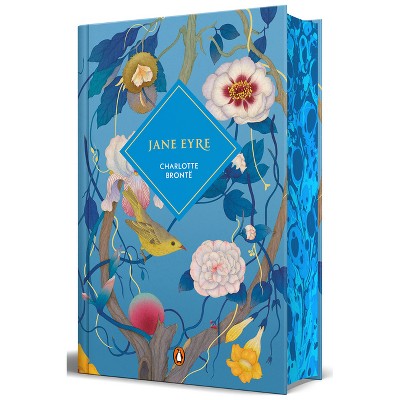
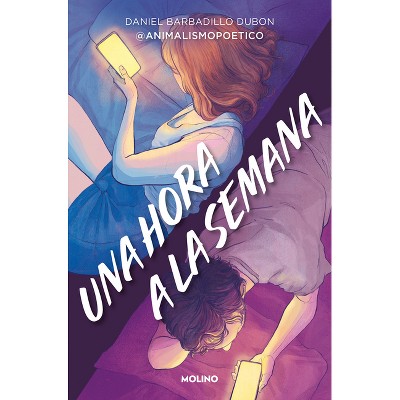


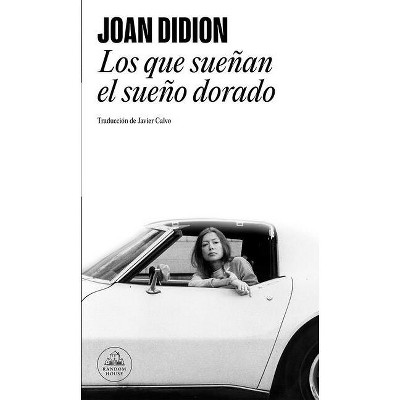
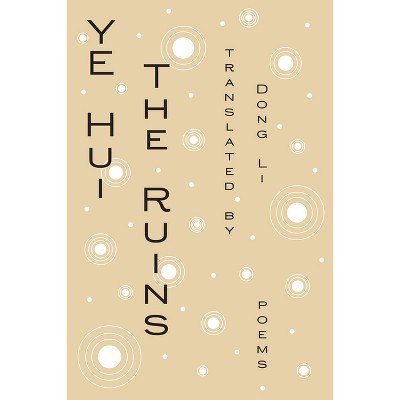
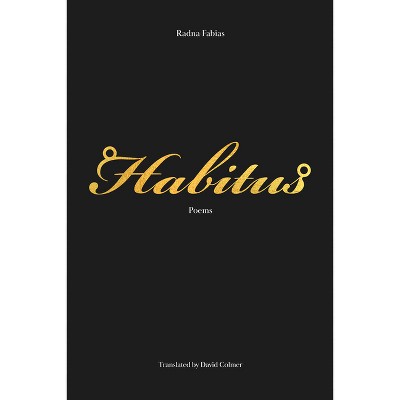
![[Gamerover] - by Giancarlo Huapaya (Paperback)](https://target.scene7.com/is/image/Target/GUEST_b199f47e-b213-4f4c-ac64-41dd6c4a6b69)
